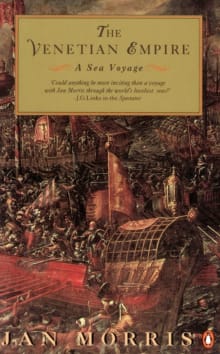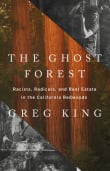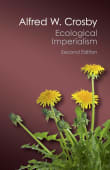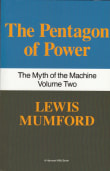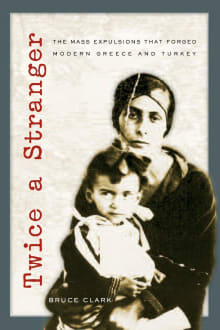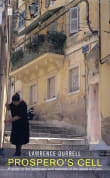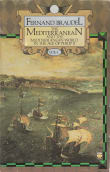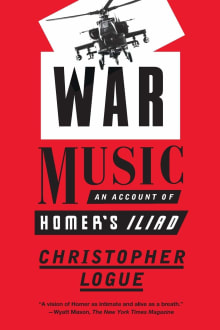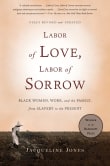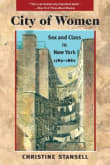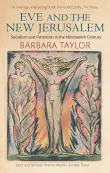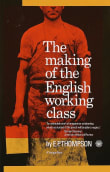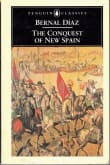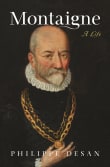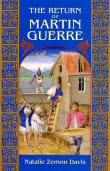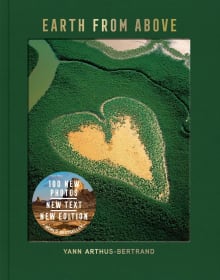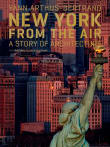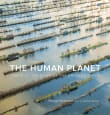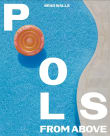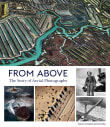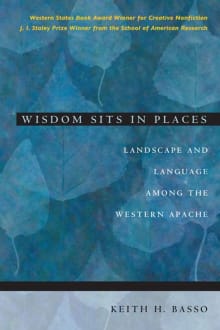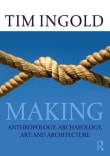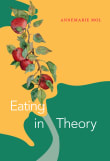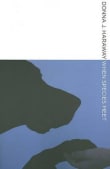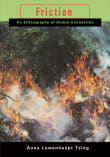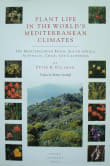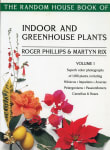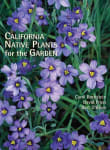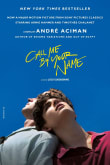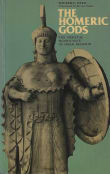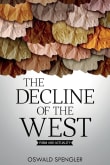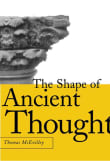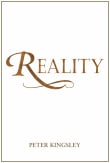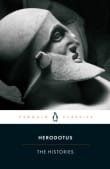Why am I passionate about this?
Growing up in what was becoming Silicon Valley, I escaped to San Francisco on weekends and, through it, fell in love with what other great cities have to offer. However, as an environmental writer and TV producer there in the 1980s, I became aware of how cities exploit the territories on which they rely. A winter sojourn in the most lovely, fragile, and ingenious of all towns—Venice—in 1985 focused my too-diffuse thought on what might otherwise seem a contradiction. The lagoon city is, as John Ruskin said, the finest book humanity has ever written; I owe it my life and the book it inspired.
Gray's book list on the hidden costs of city-building

Why did Gray love this book?
I first read this book while living in Venice in the winter of 1985. Morris writes of a sea voyage along the ancient trade route and to the maritime colonies of her beloved lagoon city and, in the process, reveals much about the aggression and rapacity required by its merchant rulers to build one of humanity’s most beautiful and audacious creations.
Her book, along with Mumford’s, was formative for my understanding of the dependence of imperial cities upon an expansive hinterland and the role of warfare in its acquisition. In Venice’s case, its ship-building Arsenale made possible the splendid palaces that line the Grand Canal and the immense pile of loot that is the Basilica San Marco.
2 authors picked The Venetian Empire as one of their favorite books, and they share why you should read it.
For six centuries the Republic of Venice was a maritime empire, its sovereign power extending throughout much of the eastern Mediterranean - an empire of coasts, islands and isolated fortresses by which, as Wordsworth wrote, the mercantile Venetians 'held the gorgeous east in fee'.
Jan Morris reconstructs the whole of this glittering dominion in the form of a sea-voyage, travelling along the historic Venetian trade routes from Venice itself to Greece, Crete and Cyprus. It is a traveller's book, geographically arranged but wandering at will from the past to the present, evoking not only contemporary landscapes and sensations but also…
